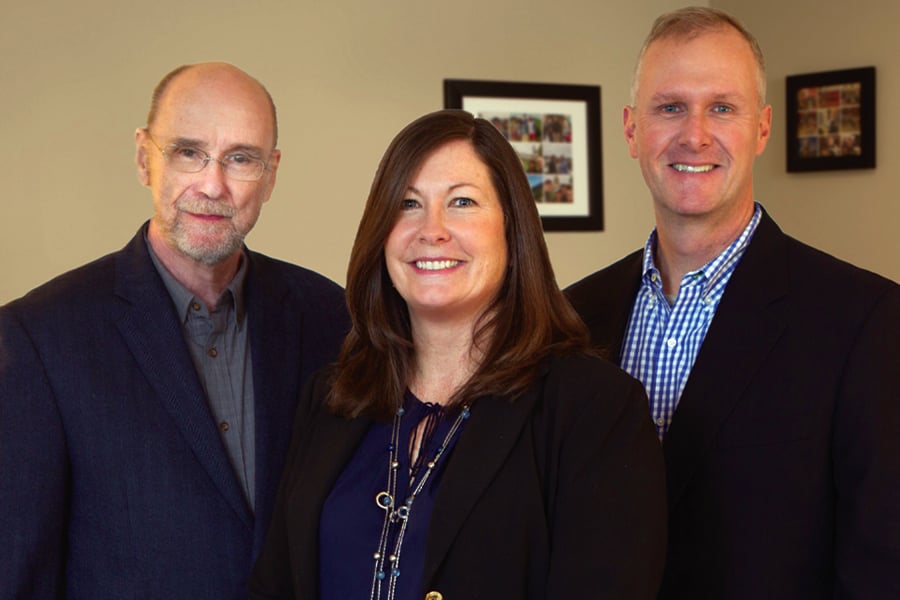Sometimes a verbal agreement is all you need to get a
succession plan rolling.
That was the case in August 2008, when John Middleton walked away from a job as an institutional portfolio manager at Invesco to become a financial adviser at a $41 million RIA whose owner, Jim Chesterton, was 67 years old.
"When I joined, we had a verbal agreement that if things went well, Jim would sell the business to me," said Mr. Middleton.
Mr. Middleton had been looking to transition into a career that would require less travel and afford him more time with his young family.
"I started looking for an adviser in our immediate area that had the characteristics I was looking for in terms of being independent and fee-only," he said.
What Mr. Middleton found was Clinton, N.J.-based Brighton Financial Planning, a registered investment adviser founded in the late 1970s by Mr. Chesterton, who was operating the business with one other non-equity adviser.
The fact that Mr. Middleton joined the firm during a
global financial crisis that had already seen the collapse of Bear Stearns and was about to see the collapse of Lehman Brothers wasn't his biggest concern, but it might have helped move Mr. Chesterton closer to the bargaining table.
"My takeaway at the time was if it doesn't work out, I had a long enough track record on the institutional side that I knew I could always go back to it," Mr. Middleton added. "There's always a little bit of concern about getting along with each other, whether the clients will like me, and can he trust me, can I trust him."
[More: Advisory firm founder carries half his clients' fees into retirement]
Mr. Chesterton, who still works part-time at the firm he started, was not available for comment for this story, but by October of 2009 he was ready to start the transition and asked Mr. Middleton to present his purchase offer.
With that green light, Mr. Middleton went to work valuing the company, which led to an agreed-upon sale price of approximately $1 million, of which one-third was paid upfront, a third was financed through a five-year seller-held promissory note and a third was earned out over a two-year period based on revenue and client-retention goals.
Mr. Middleton, who became the official owner once the deal was signed in December 2009, said the only thing he would do differently if he were to do it over would be to pay an outside firm to value the business.
"Using a third party reduces a stress point," he said.
Mr. Middleton did pay for some of the tools offered by FP Transitions to help structure the deal, but he said a third-party valuation would have been easier on him and eliminate some of the negotiating between buyer and seller.
[Recommended video: Next gen advisers must be more diverse]
The firm now has $68 million in assets, and Mr. Middleton is currently negotiating to buy another RIA whose owner is retiring. This time he's leaving the valuation to a third party.
Mr. Middleton, 52, describes his move into financial planning and Mr. Chesterton's succession as a complete success, which included a 95% client retention rate.
Even though Mr. Middleton's initial verbal agreement with Mr. Chesterton worked out, it could be an iffy way to approach succession, said David DeVoe, managing director at DeVoe & Co.
"A verbal agreement is as good as the paper it's written on," Mr. DeVoe joked, but added, "There should be clarity up front regarding how much will be sold and what the pricing mechanism will be, but both parties should realize that a year to get to know one another is appropriate before precious shares exchange hands."







